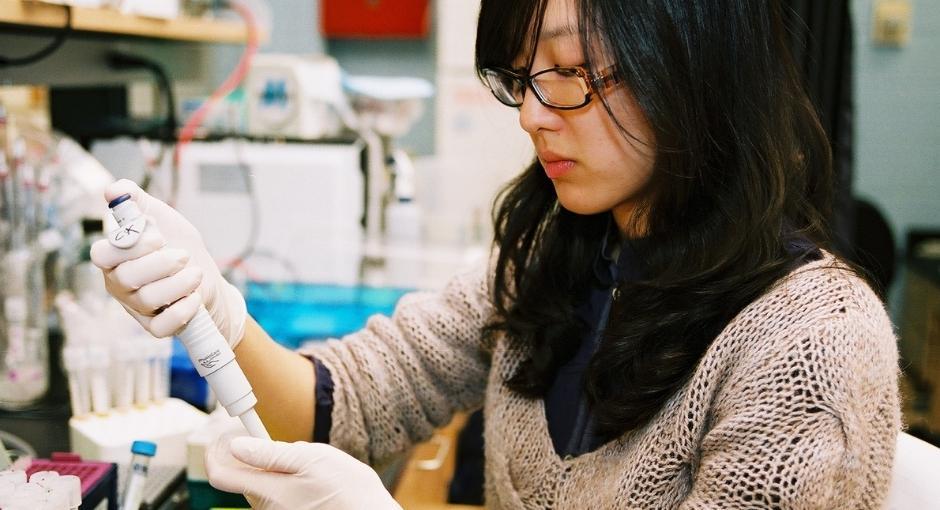Fellowships & Early Career Awards
💡 Quick Summary
-
The Parkinson’s Foundation offers a range of early-career awards — from postdoctoral and clinical research programs to student fellowships — to help train the next generation of Parkinson’s researchers.
-
These grants support hands-on research experience, mentored career development and specialized training for both scientists and clinicians entering the Parkinson’s field.
-
Applicants can explore program details, deadlines and eligibility online and apply through the Foundation’s grant portal.

The Parkinson's Foundation offers several types of grants to encourage young scientists, clinicians and students to devote their talents to the study of Parkinson's disease (PD):
- Summer Student Fellowships: fellowships for 10 weeks of clinical or laboratory work with a $4,000 award.
- Visiting Scholar Awards: $4,000 stipend to support the travel and housing of the Scholar while visiting a host laboratory to learn new techniques that will benefit their Parkinson's research.
- Postdoctoral Fellowships: two-year fellowships for young scientists fresh from their PhD training or neurology residencies.
- Launch Award: four-year, two-stage award for outstanding postdoctoral researchers that will enable them to complete needed mentored training and transition promptly to independent research careers in PD.
- Melvin Yahr Parkinson’s Disease Clinical Research Award: one-year award designed to foster clinical research into any aspect of PD conducted by young investigators with MD degrees who are under-represented in current research. Jointly supported by the Parkinson’s Foundation and the International Association of Parkinsonism and Related Disorders (IAPRD).
- Parkinson's Foundation-ABF Clinical Research Training Scholarship: two-year award that enables PD research training for outstanding clinician-scientists who are members of the American Academy of Neurology (AAN). Funded by the Parkinson's Foundation and the American Brain Foundation in collaboration with AAN.
Summer Student Fellowships
Visiting Scholar Awards
Postdoctoral Fellowships
Launch Award
Melvin Yahr Parkinson’s Disease Clinical Research Award
Parkinson's Foundation-ABF Clinical Research Training Scholarship
Award questions?
Please contact Grants@parkinson.org with any questions regarding our research grants and awards.
Explore All Our Research Grants
Visit our Award Search Database for all currently and previously funded Parkinson’s Foundation research awards. Search by keyword, investigator, and more!
Meet Recently Funded Investigators
Visit our Research Spotlight page to meet recently funded investigators, who are among the more than 600 researchers the Foundation has funded.
Follow us on Bluesky
Follow us on Bluesky @pfresearchteam.bsky.social for the latest information and updates on our research programs and outcomes of the research supported by the Foundation.
Related Materials
Related Blog Posts

Find Out What Our Researchers Are Working on Right Now

The Ins and Outs of Participating in Parkinson’s Research
